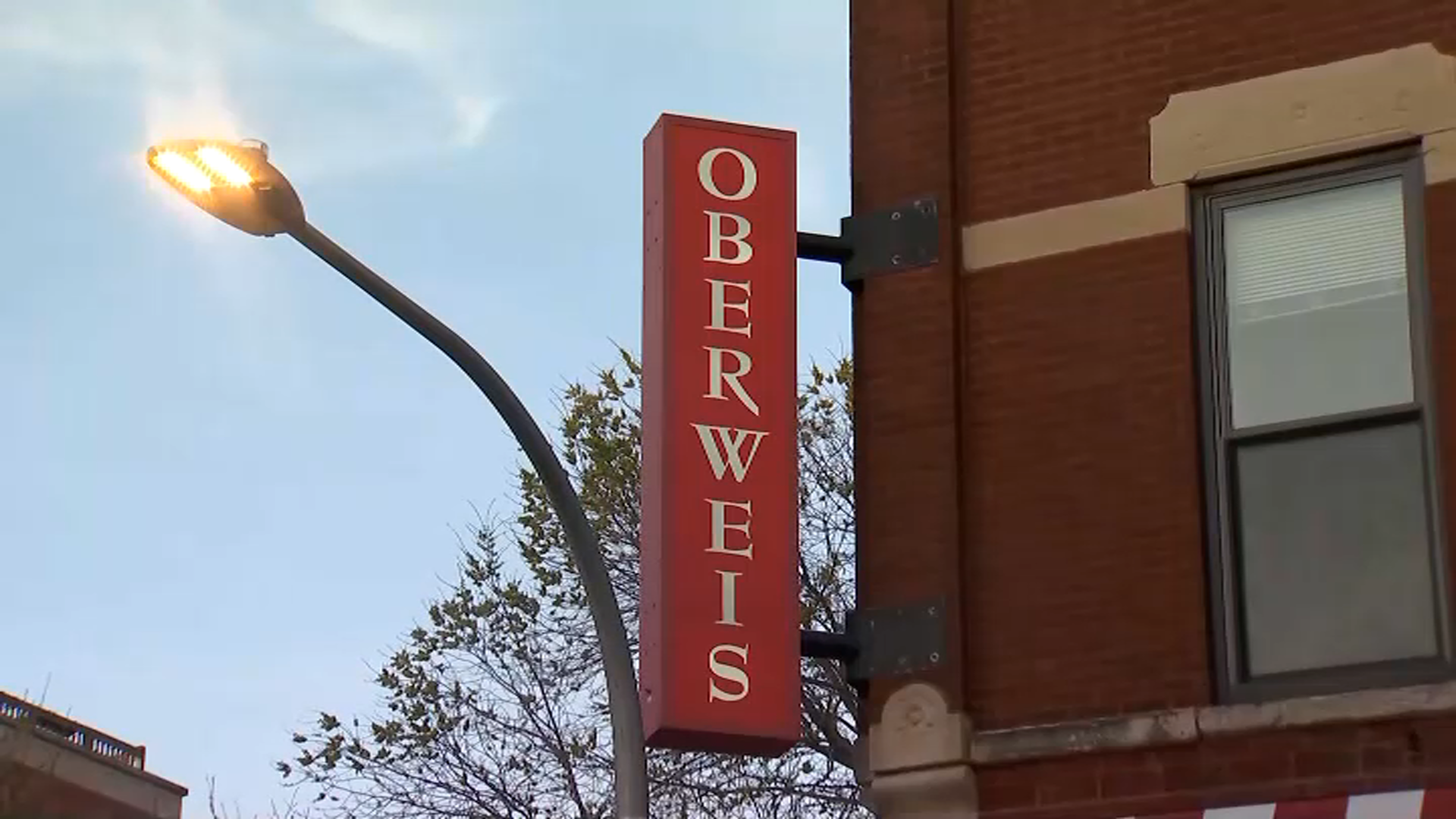Locked in a neck-and-neck contest ahead of November, Gov. Pat Quinn and Republican challenger Bruce Rauner sparred on jobs, Illinois' financial issues and qualifications in their final televised debate Monday.
Like the previous two debates, the matchup between the Democratic incumbent and Republican venture capitalist got personal at times with Rauner repeatedly referring to Quinn as a "failure" and Quinn deeming Rauner a "champion name caller." It is one of the most expensive governor's races nationwide.
Monday evening's setup —hosted by the League of Women Voters of Illinois and broadcast by Chicago's WLS-TV — followed a debate in Peoria that focused on economic issues and a Chicago face-off centered on topics important to African-American voters.
Here's a closer look at some issues covered Monday:
LAST CHANCE?
The 60 minute back-and-forth was likely Quinn and Rauner's last chance to make their case on the same stage and both hammered home some major themes.
Quinn, of Chicago, focused on the drop in unemployment since he took office in 2009, calling it evidence that his policies are working. Last week, state officials announced September's unemployment rate fell to 6.6 percent, a sharp decline from a year earlier when it was 9.1 percent.
Local
"Jobs are up, way up and unemployment is down, way down," Quinn said. He deemed Rauner a "job eliminator," saying Rauner's firm, GTCR, had dealings with companies that outsourced jobs overseas.
But Rauner, of Winnetka, said Illinois isn't competitive. He's said Illinois still lags behind other states and that taxes are too high. He called Quinn an "outsourcer in chief" with jobs going out of state.
"Illinois is failing on jobs and failing on taxes," Rauner said.
TAXES
The candidates disagreed on what do when the temporary tax increase Democrats approved in 2011 drops from 5 percent to 3.75 percent on Jan. 1.
Quinn wants to make the current rate permanent, saying it's necessary to avoid "savage" cuts to schools.
"I have the courage to tell people what they need to know," he said.
But Rauner said the increase has cost the average family a week's pay each year. He wants to reduce the tax rate from 5 percent to 3 percent within four years and said Quinn was using "scare tactics" with his budget plan.
CHARTER SCHOOLS
The gubernatorial candidates differed on the role of charter schools, where teachers usually aren't unionized.
Rauner has given millions of dollars over the years to support charter schools.
"We need options for parents." Rauner said.
He also supports voucher programs, which typically provide public funds to help pay private-school tuition.
Quinn, who opposes school vouchers, said Illinois should impose a three-year moratorium on charter schools so the state can determine if they perform better than public schools.
"We need to invest in public education," Quinn said.



